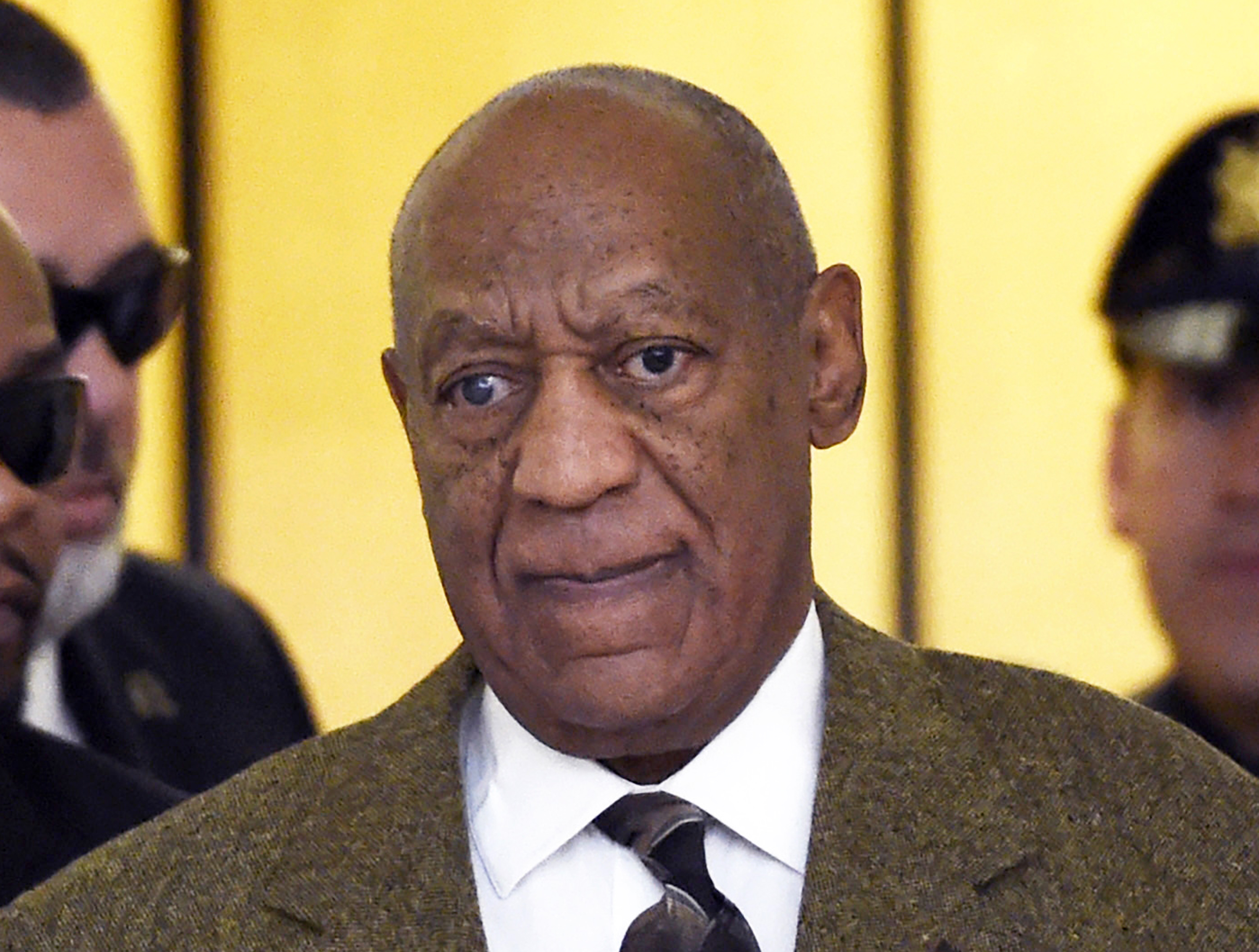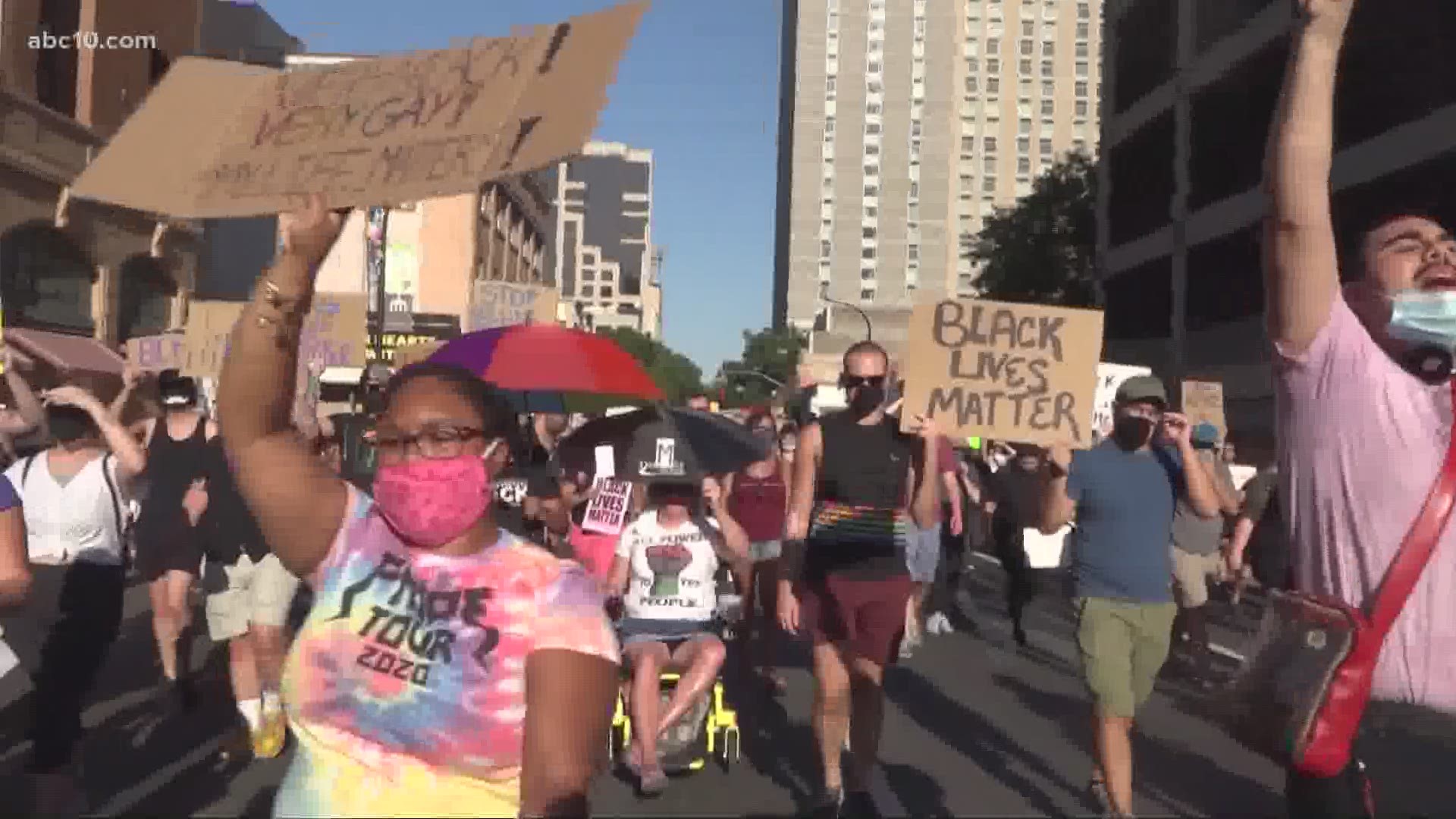![Bill Cosby due in court in sexual assault case [video : 84810332]](http://videos.usatoday.net/Brightcove2/29906170001/2016/05/29906170001_4908128121001_4908119197001-vs.jpg?pubId=29906170001)
![Bill Cosby [image : 84795396]](http://www.gannett-cdn.com/media/2016/05/23/USATODAY/USATODAY/635996093134775273-AP-Bill-Cosby-008.jpg)
Bill Cosby's preliminary hearing on felony sexual assault charges gets underway in suburban Philadelphia Tuesday with the possibility of a courtroom confrontation between Cosby and his accuser, Andrea Constand.
Both are expected to be there, but there's a slight chance that neither will be.
The hearing, before Magistrate Judge Elizabeth McHugh in Norristown, Pa., and delayed since January, is supposed to decide whether or not Cosby, 79, should tried on the charges that he drugged and sexually touched Constand, now 43 and back in her native Canada, at his home in 2004.
At the end, possibly an entire day or more, the judge will decide whether the prosecution has established reasonable cause to believe a crime was committed, and if so, will set a trial date.
![4 accounts of encounter that led to Cosby charge [oembed : 84797084] [oembed : 84797084] [oembed : 84797084] [oembed : 84797084] [oembed : 84797084] [oembed : 84797084] [oembed : 84797084] [oembed : 84797084] [oembed : 84797084] [oembed : 84797084] [oembed : 84797084] [oembed : 84797084] [oembed : 84797084] [oembed : 84797084] [oembed : 84797084] [oembed : 84797084]](/Portals/_default/Skins/PrestoLegacy/CommonCss/images/smartembed.png)
The case so far: Constand, a former Temple University employee, says Cosby, her former mentor, assaulted her when she visited his home in Montgomery County, Pa., in 2004. He says their encounter was consensual. She complained to police a year later, but then-District Attorney Bruce Castor concluded there was not enough evidence to prosecute.
Constand then sued Cosby in civil court; they reached a settlement in 2006, which was sealed. In 2015, portions of his deposition in the suit, in which he acknowledged obtaining drugs to give to women he sought for sex, were made public.
District Attorney Keven Steele, who won election in November 2015, campaigned on a promise to prosecute Cosby, and charged him in December 2015, just days before the state's statute of limitations ran out.
![Andrea Constand [image : 84795590]](http://www.gannett-cdn.com/media/2016/05/23/USATODAY/USATODAY/635996094825982114-AP-Cosby-Legal-Whirlwind-001.jpg)
Earlier legal maneuvers: At a two-day hearing in February, Cosby tried and failed to get the charges thrown out, arguing that Castor had promised not to charge him if he agreed to a deposition in Constand's civil suit. His latest appeal to delay the hearing based on this issue was denied Monday by the state Supreme Court.
![Judge rules against Cosby, criminal trial will proceed [oembed : 84800620] [oembed : 84800620] [oembed : 84800620] [oembed : 84800620] [oembed : 84800620] [oembed : 84800620] [oembed : 84800620] [oembed : 84800620] [oembed : 84800620] [oembed : 84800620]](/Portals/_default/Skins/PrestoLegacy/CommonCss/images/smartembed.png)
What does the prosecutor have to do? Steele must persuade the judge there is enough evidence for trial, either by putting Constand on the stand or introducing her "affidavit of probable cause" — what she told police in 2005, a year after the alleged crime.
"The prosecution needs to meet a minimum threshold to establish facts to support these charges — it's a very low bar and it's almost always met," says Stuart Slotnick, a New York defense attorney and former prosecutor who has been watching the case.
What does the defense have to do? At this stage, it's "unrealistic" for the Cosby legal team to expect they can get the case dismissed, Slotnick says, so the next best thing is get a better idea of the prosecution's evidence and start trying to undermine it.
"It’s much better for the defense to cross-exam the complainant in person and establish inconsistencies (in her complaint) at this early stage," he says. "The documents already available show that Ms Constand has tremendous baggage, inconsistencies and facts that don’t make sense."
What happens next if the judge sets a trial date? The two sides will start filing motions over shaping the evidence that will be allowed at trial. For instance, the prosecution will not want any mention of the defense argument that "the case is a political witch hunt" that was brought only because Steele ran on a campaign that he would charge Cosby, Slotnick says.
The defense will try to preclude any attempt to bring in other accusers — five dozen women have come forward since October 2014 — by prosecutors hoping to establish an alleged pattern of illegal behavior. And the Cosby team will also want to block introducing his deposition as evidence.


